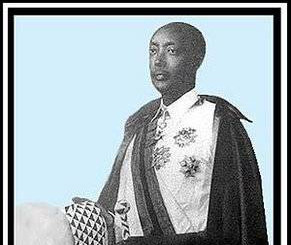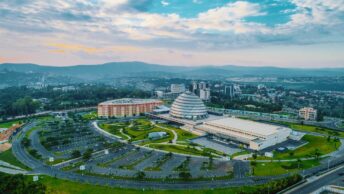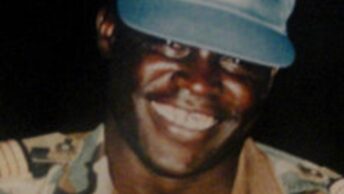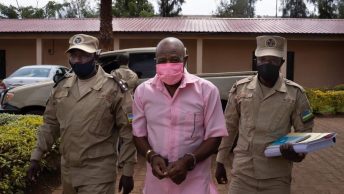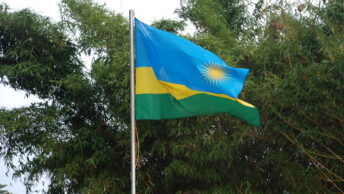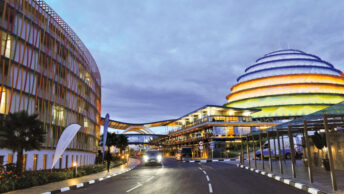That is a day that marked the beginning of the end.
Today we commemorate the day on which UMWAMI Rudahigwa was assassinated by a lethal injection by one Dr Vinck (may he toss and turn in his grave) in the main hospital in Bujumbura.
Revisionist historians have tried to cover up the circumstances leading to Rudahigwa’s death. But we know better. It was part of a master plan hatched by Belgian colonialists who did not wish to give up Rwanda as the wind of change was sweeping across our continent. It is an open secret that Rudahigwa was visiting Bujumbura enroute to New York to discuss Rwanda’s desire for independence at the U.N.
Like clockwork following Rudahigwa’s assassination, plans to annihilate the Tutsi were put in place, and those who deny this fact belong in the same class with genocide deniers and negationists.
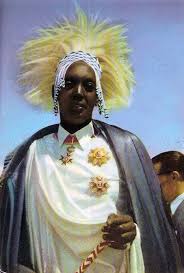
In a pastoral letter dated February 1, 1959, the Swiss Bishop of Kabgayi, Andre PERRAUDIN (the evil incarnate) put the wheel in motion, fueling the Hutu masses to “get to work” and “liberate” themselves. Soon thereafter the HUTU MANIFESTO, authored by none other than Gregoire Kayibanda, a Seminarian — no surprise there — was drafted, followed by periodic killings of Tutsi.
“In our Rwanda, differences and social inequalities are to a large extent related to differences in race, in the sense that the wealth on one hand and political and even judicial power on the other hand, are to a considerable extent in the hands of a people of the same race “, wrote Bishop Perraudin.
These remarks reinforced the support of the Rwandan Catholic Church for the claims of Hutu extremists and their genocidal philosophy. They were indeed perceived by part of the Hutu population as a declaration of war against Tutsi, and eventually as a form of moral justification for the first massacre of Tutsi in the region of Kabgayi.
The genocide of 1959 and 1994 were part and parcel of the same master plan, not a social revolution as 1959 has been dubbed.
Bishop Perraudin’s so-called pastoral letter marked a turning point in the history of Rwanda. His philosophy and recipe for the “final solution” was no different from Kayibanda’s or Felicien Kabuga. All three sons of the same devilish mother.
So, today as we remember and pay homage to Umwami Rudahigwa let’s resolve to study our history, determined to never repeat it, or let others write it for us.
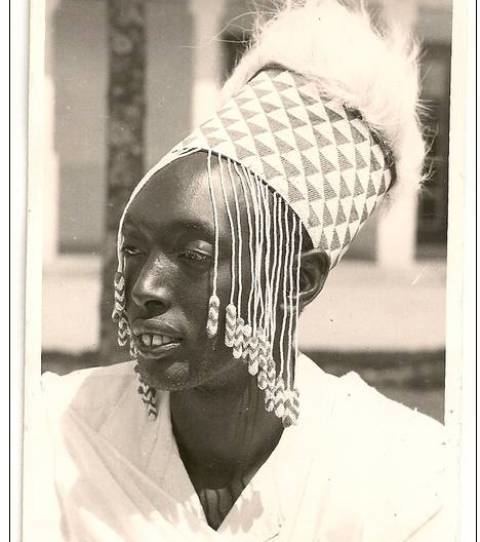
In the words of Lin Yuang, “Hope is like a road in the country; there never was a road, but when many people walk on it, the road comes into existence.”
Indeed, our destiny and all that defines us as a People is in our hands and resolve to do that which is right and moral.
Umwami Rudahigwa’s moral fortitude laid the foundation for us to forge ahead. And we will, with one voice and determination to take Rwanda to new heights.
May he RIP.

